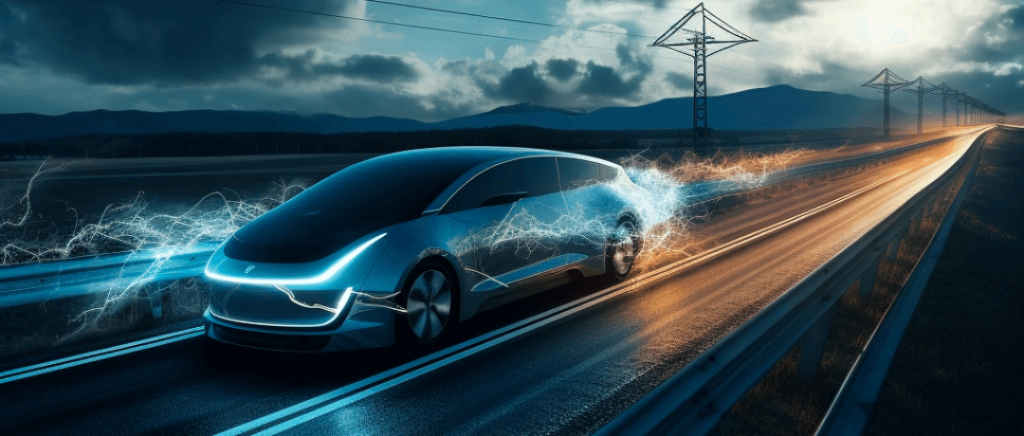Electric cars (EVs) are transforming the automotive industry, offering a cleaner, more sustainable alternative to traditional gasoline-powered vehicles. With advancements in battery technology, charging infrastructure, and government incentives, the future of transportation is becoming increasingly electric. But what does this mean for drivers, the environment, and the global economy?
1. The Advantages of Electric Cars
One of the biggest benefits of EVs is their environmental impact. Unlike gasoline-powered cars, electric vehicles produce zero tailpipe emissions, reducing air pollution and contributing to the fight against climate change. Additionally, they are more energy-efficient, converting a higher percentage of electricity into motion compared to internal combustion engines.
Another advantage is lower operating costs. EVs have fewer moving parts than traditional cars, meaning less maintenance and lower repair costs. Charging an electric vehicle is also generally cheaper than filling up a gas tank, especially with the increasing availability of renewable energy sources.
2. Challenges and Limitations
Despite their benefits, EVs still face challenges. One major hurdle is charging infrastructure. While more charging stations are being built worldwide, range anxiety—fear of running out of battery before finding a charger—remains a concern for many drivers. Battery production is another issue, as it relies on materials like lithium and cobalt, which have environmental and ethical mining concerns.
3. The Future of Electric Cars
The EV industry is rapidly evolving, with companies investing billions into research and development. Battery technology is improving, leading to longer ranges and faster charging times. Solid-state batteries, expected to hit the market in the next few years, promise even greater efficiency and durability.
Governments worldwide are also pushing for a transition to electric vehicles. Many countries have set deadlines to phase out gasoline and diesel cars, offering tax incentives and subsidies to encourage EV adoption. With increasing consumer demand and policy support, the automotive industry is moving towards a fully electric future.
Conclusion
Electric cars are more than just a trend; they are the future of transportation. As technology advances and infrastructure expands, EVs will become even more accessible and efficient. While challenges remain, the benefits of cleaner air, lower costs, and energy independence make the shift towards electric mobility inevitable.
Are you ready to make the switch to an electric vehicle?


